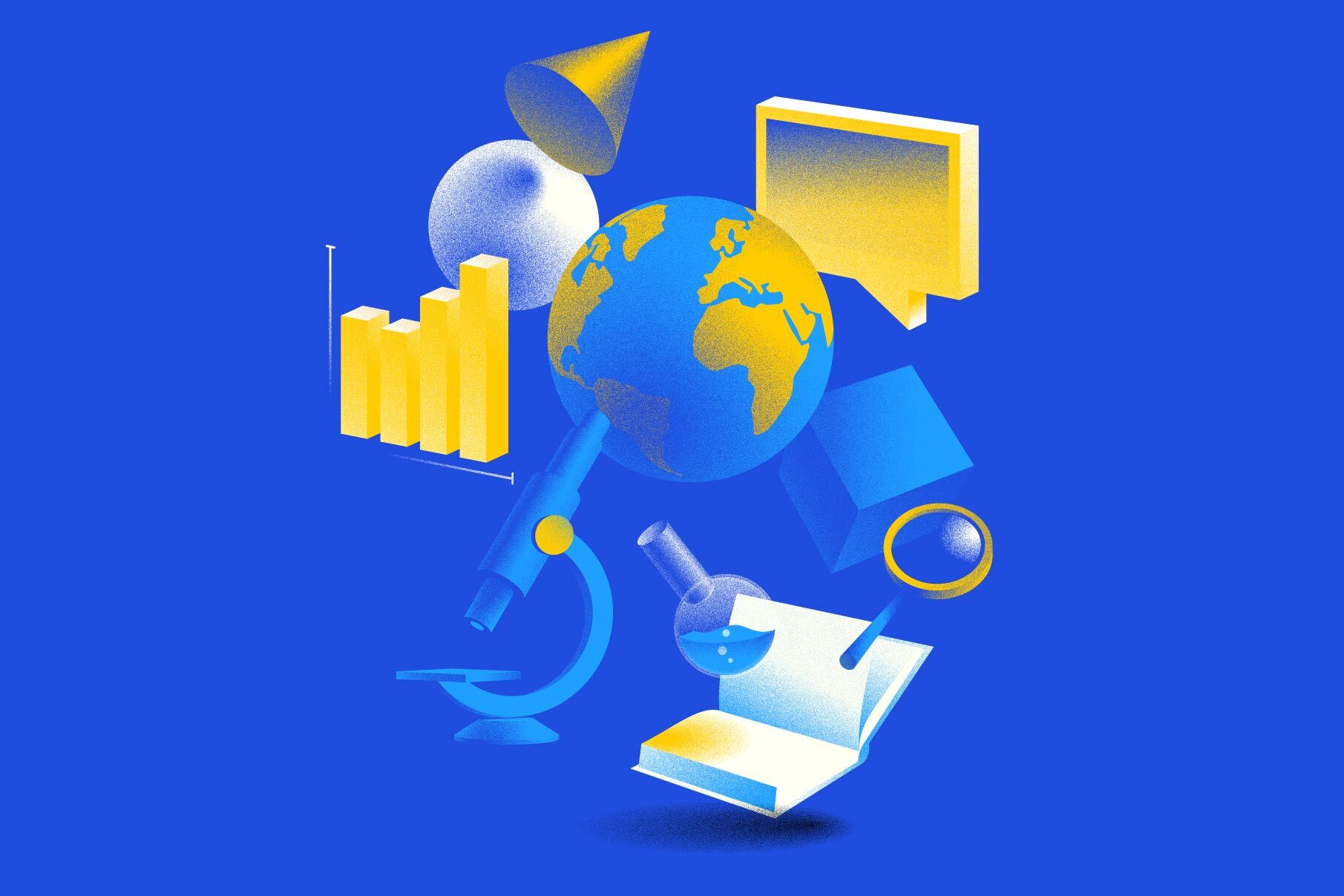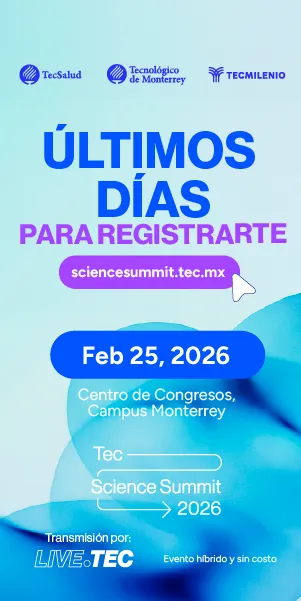Adaptability, problem-solving, time management, and teamwork are among the key skills demanded by the job market in industries like automotive and information and communications technology, according to a study conducted by the Research Lab at the Institute for the Future of Education (IFE) at Tec de Monterrey.
The research project –supported by Santander– focuses on identifying the knowledge, skills, and competencies required by today’s industries. This led to the development of the Shaping Skills platform, which uses Artificial Intelligence (AI) to gather insights from job postings, academic programs, and resumes to pinpoint what employers are looking for.
Between 2023 and 2024, researchers processed data from over 25,000 job openings in the automotive sector in Mexico and 230,000 openings in the information and communications industry in Mexico and the San Francisco Bay Area, identifying 70 job roles and over 500 key skills.
This research contributes recommendations for upskilling and reskilling, as well as integrating relevant competencies into university curricula, contributing to solutions for the major challenges in global education.
IFE Research for the Education of the Future
Genaro Zavala, Associate Director of the Research Lab, tells TecScience that within the Institute for the Future of Education (IFE) –which is celebrating its third anniversary– there are research groups focused primarily on three types of projects: equity and excellence in education, workforce development, and AI and technologies applied to education.
“Our motto at IFE is: ‘Improving the lives of millions by transforming higher education and lifelong learning,’” he explains. “That’s why our research teams aim to carry out large-scale projects in these three areas.”
Equity and Excellence in Education
Research projects with this focus aim to promote higher-quality, more accessible education for diverse populations, explains Genaro.
Among the projects in this area that IFE is working on are:
1. Academic Women in STEM: This project, sponsored by the British Council, focuses on mentoring female professors and leaders in the fields of Science, Technology, Engineering, and Mathematics (STEM).
2. Addressing Gender Issues in STEM Higher Education Institutes: This initiative fosters partnerships between academia and industry to generate recommendations on teaching and learning, institutional policies, and business practices that support the participation of women in STEM fields and their successful professional development.
“We implemented a series of tools to understand the factors that either help or hinder women in STEM programs,” says Genaro. “This is a project we are working on with the the University of the North in Colombia and the Andrés Bello University in Chile.”
3. Exploring Online Learning in VR-Supported STEM Laboratories: This project focuses on developing virtual reality-based laboratory experiences, allowing students from Tecnológico de Monterrey and the University of Texas at San Antonio to collaborate on chemistry practices and measure collaborative learning in a digital environment.
4. Comunidad REA Red STEM Latinoamérica: This initiative aims to reduce educational gaps in the region by creating a strategy that involves stakeholders in policy formulation, as well as the production, use, and adaptation of open educational resources and practices.
Workforce Development
IFE not only studies higher education, says Genaro, but also lifelong learning through projects focused on analyzing the competencies and skills needed in the workforce.
“It’s about understanding what competencies will be required in the future and preparing ourselves as higher education institutions,” he adds, discussing the following projects.
5. Dynamic Model of Future Skills for Industry 4.0: This platform uses AI methodologies and principles to create a classification of skills and competencies and predict job needs for the year 2030.
6. Digitalization Meets University Governance (DigiUGov): This project, funded by the Erasmus+ program of the European Union, aims to enhance the digital education capabilities of universities in Latin America and Europe through the exchange of resources and training courses, as well as driving digital transformation in administrative areas.
7. Digital Learning for Older Adults: This project, in collaboration with UNESCO, aims to publish a report on successful educational models from different regions around the world that promote the inclusion of older adults and their development of digital skills.
New Technologies Applied to Education
This research focus is dedicated to understanding the AI tools that help improve teaching methodologies for students, adds the Associate Director of the Research Lab.
Among the research projects on technologies applied to education are:
8. i-Classroom: This is a smart, non-invasive monitoring system that uses cameras and algorithms to measure student engagement levels in the classroom. The project already has a patent pending and aims to be a tool for teachers to support decision-making in their teaching and learning processes.
9. El Camino: This project, funded by the FEMSA Foundation, uses mobile phones and an AI tutor named Karla to help young people from vulnerable communities develop digital skills and share their learnings with other groups, such as older adults.
10. E4C&CT: Ecosystem for Scaling Up Computational Thinking and Reasoning for Complexity: This digital platform aims to help students improve their skills in computational thinking and complex reasoning by using tools like simulations, interactive games, and AI to solve sustainable development challenges.
At the IFE Research Lab, more than 30 researchers, including full-time and adjunct professors, have carried out around 15 projects with both internal and external funding.
Did you find this story interesting? Would you like to publish it? Contact our content editor to learn more at marianaleonm@tec.mx
















